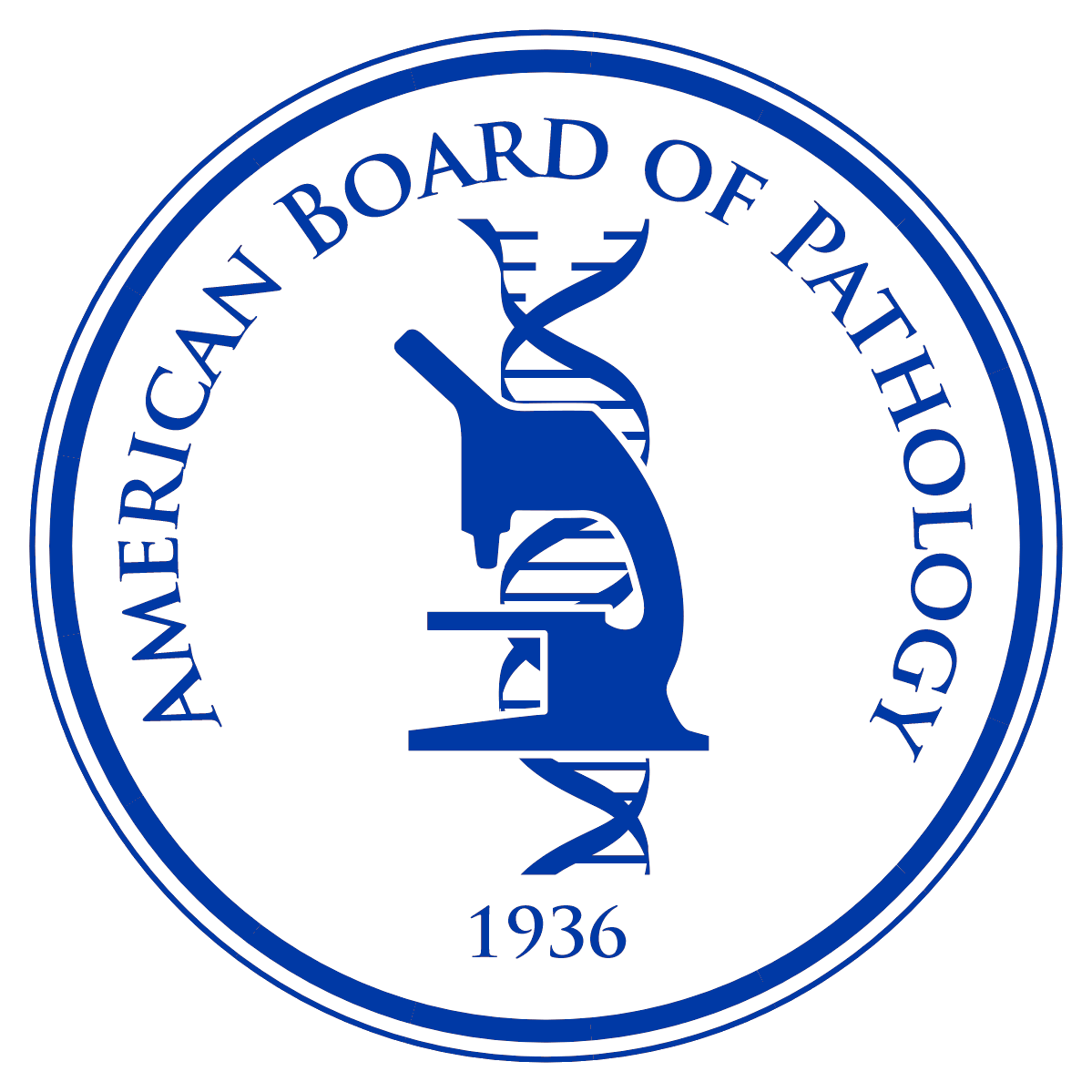Lifelong Learning

New Diplomates
Reporting
Assessment
CME
CC Booklet of Information
Meeting CC Requirements Late
Certificates
Lapel Pins
Retired Status
Lifelong Learning Overview
Lifelong Learning requirements must be reported as part of a reporting period every two years via PATHway. There are four ways to meet a reporting period’s requirements for Lifelong Learning. Reporting any one of these options will meet the Lifelong Learning requirements for the reporting period in which they were completed.
1. Completing a Fellowship
2. Receiving and reporting 70 CME credits using any combination of AMA Category I and AOA Category 1A credits
3. Completing a Physician-Scientist Research Pathway
4. Being in or completing an ACGME-accredited residency
Fellowships, residencies, and PSRPs additionally meet the Improvement in Health and Healthcare requirements for the period. Complete details for each Lifelong Learning reporting option are given below.
Automated Reporting of CME & CME Finder
CME providers can register their activities with ABPath and send awarded CME information directly to ABPath. Providers may ask for your ABPath ID as they begin reporting. Your ID number can be found on your My Profile page in PATHway. Ask any CME providers you regularly complete activities with about how your CME credits can be automatically reported to ABPath.
Those reporting CME credits are encouraged to use ACCME’s CME Passport search tool. You can search for activities by location, cost, and more. Please be sure to search activities registered for ABPath’s CC Program. Completing an activity which appears on CME Finder for ABPath means your credits can automatically appear on the CME Transcript page of your PATHway account. Manual reporting of CME by a diplomate is still possible on an individual reporting form.
1. Fellowships
Reporting the Completion of a Fellowship
Completion of an ACGME-accredited fellowship during a year of any two-year reporting period will meet all Lifelong Learning and Improvement in Health and Healthcare (IHHC) requirements for that reporting period.
If the fellowship is not accredited by the ACGME, the Designated Institutional Official or Program Director must provide a letter to be submitted to ABPath by the diplomate via the appropriate reporting form in PATHway. The letter must include the name of the fellowship, the time frame the fellowship was completed in, and that the fellowship is reviewed by the GME committee and held to the same standards and applicable program requirements as ACGME-accredited fellowships.
Please keep in mind that if you are completing a fellowship you must submit your two-year CC Reporting form and participate in ABPath CertLink as a part of the Continuing Certification Program and per the CC Booklet of Information.
2. Continuing Medical Education (CME)
Reporting Continuing Medical Education
If not meeting the Lifelong Learning requirement any other way, each diplomate must obtain a minimum of 70 CME credits in each two-year reporting period. Eighty percent of required CME must be directly related to the diplomate’s scope of practice. The remainder may be in areas of general relevance to medicine (e.g. ethics, practice management, informatics, etc.).
Diplomates may claim credit for sixty (60) AMA Category 1 CME credits for successfully completing an ABMS examination. To claim credit, the diplomate must apply directly to the American Medical Association (AMA) and provide documentation (a copy of the board certificate or the CC Examination result letter). Information and the AMA’s Direct Credit Application can be found on the AMA’s website.
ABPath reserves the right to audit a diplomate’s CME data and require copies of CME completion certificates.
3. Physician-Scientist Research Pathway
Reporting the Completion of a Physician-Scientist Research Pathway (PSRP)
General Requirements
A PSRP may only be reported once and no later than six years after CC Program enrollment.
The ABPath Physician-Scientist Research Pathway is intended for those pathologists who are committed to contributing to new scientific knowledge in basic science, and clinical or translational medicine through a career that will involve funded research. A diplomate may transfer into or out of the pathway at any time without ABPath approval.
A diplomate has until the first three two-year periods in which to report the completion of the Pathway. The completion of the Pathway may only be reported once in that time period. A research year, like a fellowship year, will meet the Lifelong Learning and Improvement in Health and Healthcare (IHHC) requirements for that reporting period.
Supervision
Supervision of the diplomate’s additional year(s) of research should be the responsibility of a faculty research mentor. An ideal research mentor is a successful investigator with an active research program and peer-reviewed research funding. Establishment of a research review committee that meets at least every six months to provide advice and feedback to the trainee is strongly encouraged. Research may be done at more than one institution, but the experience should have oversight and coordination by a single mentor.
ABPath will not oversee the research training. A diplomate may indicate on their reporting form that they completed one year in the Physician-Scientist Research Pathway, what their research topic was, and the name of their research mentor. The mentor must verify this information and should notify the ABPath if a diplomate did not complete the Research Pathway.
4. Residency Training
Reporting the Completion of a Residency
Completion or participation in an ACGME-accredited fellowship during a two-year period may be reported to meet the Lifelong Learning and Improvement in Health and Healthcare (IHHC) requirements for a two-year period.

